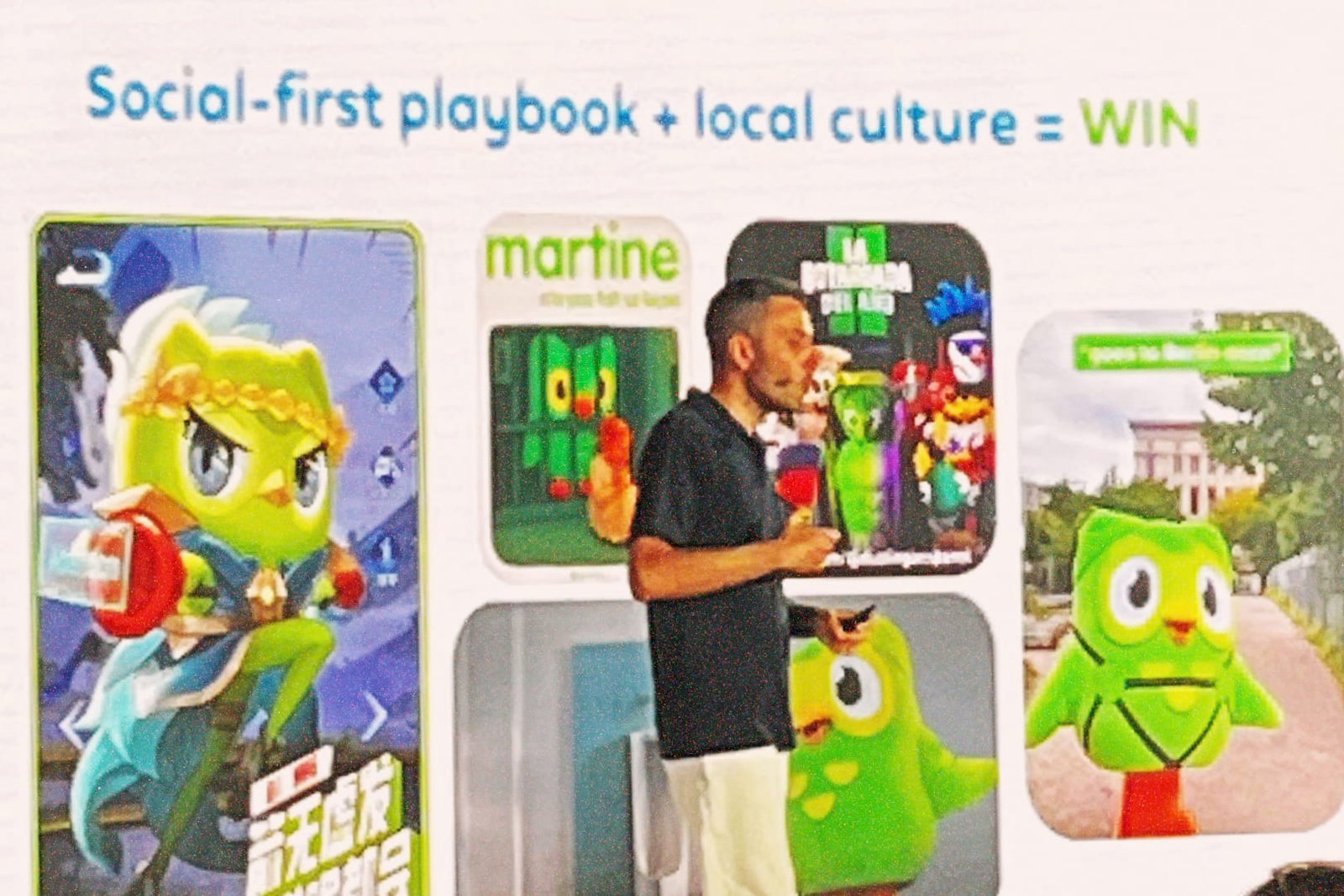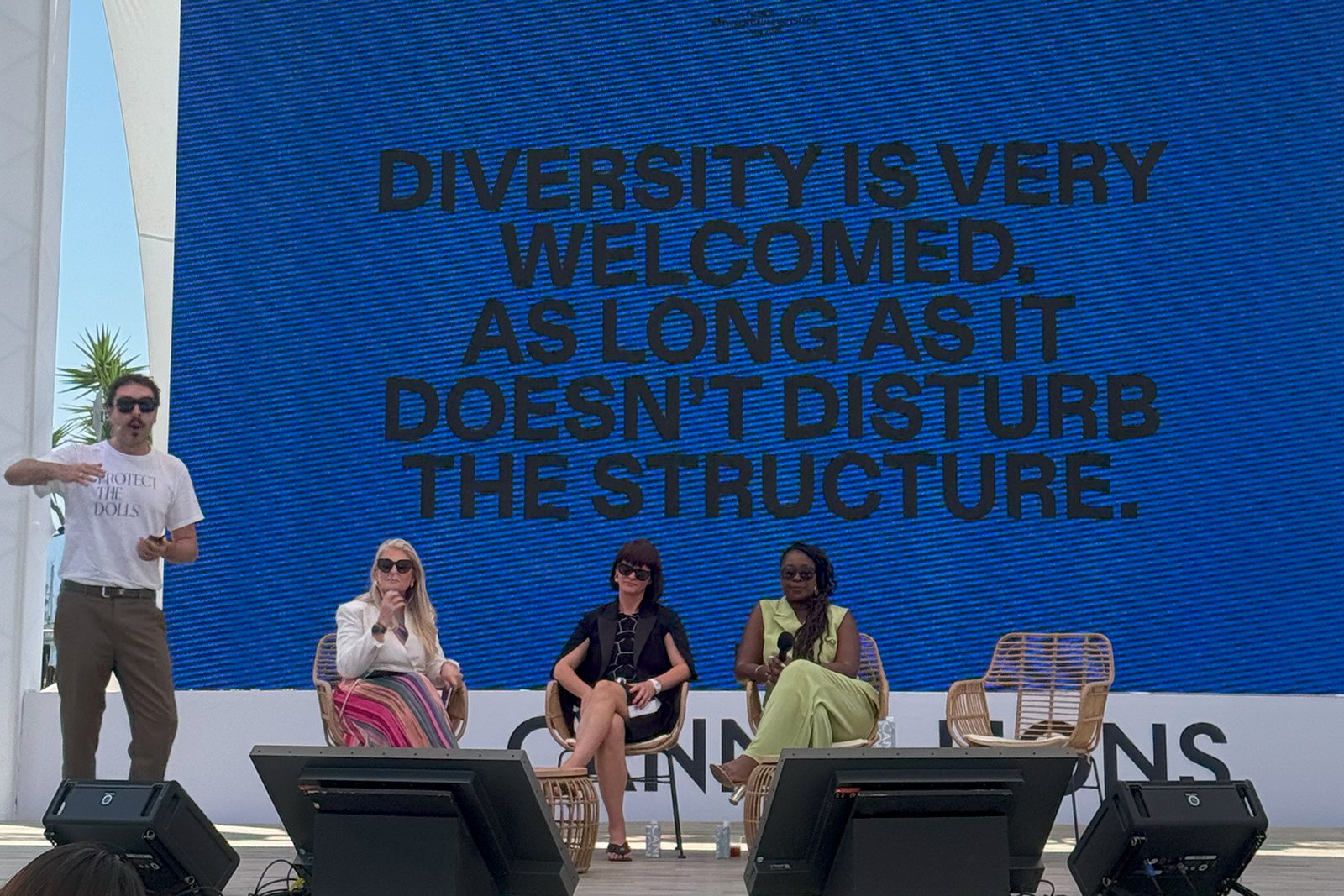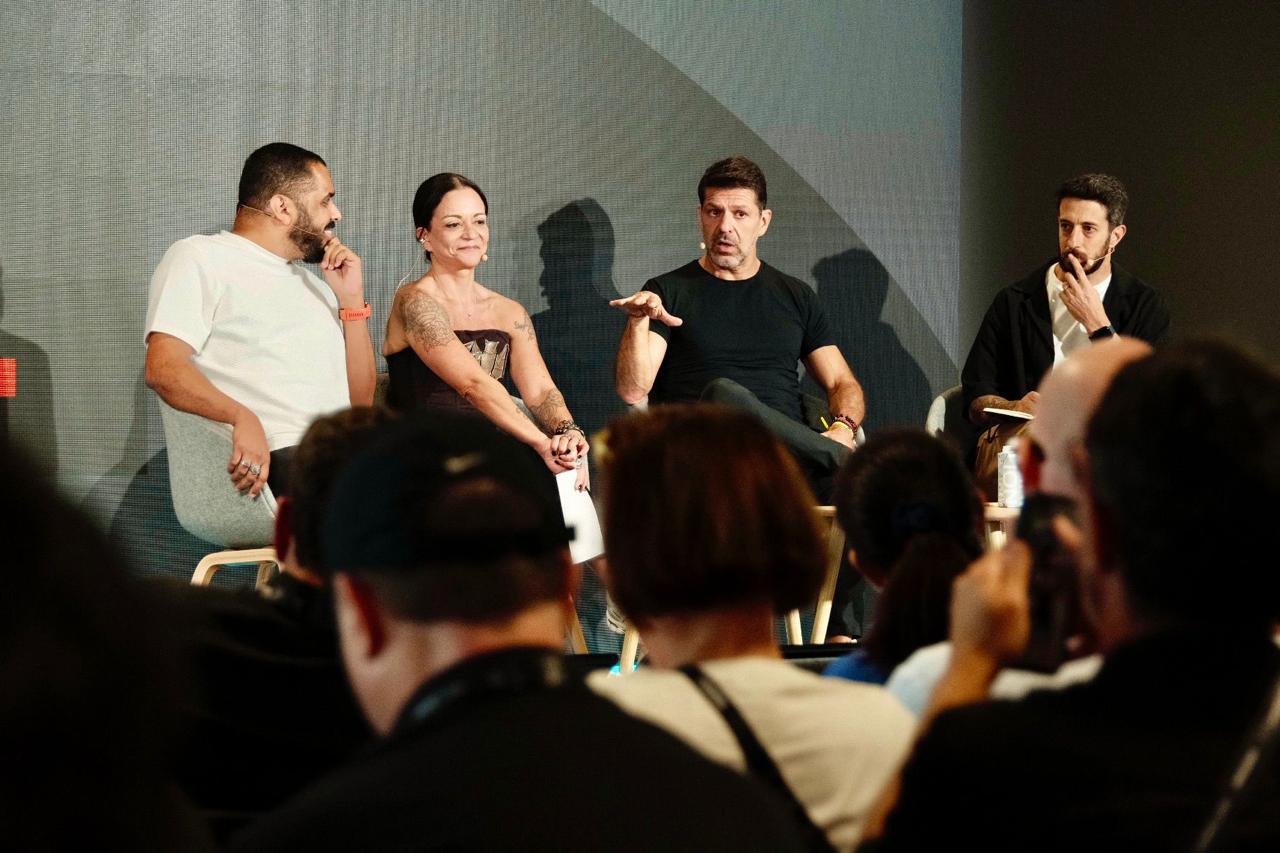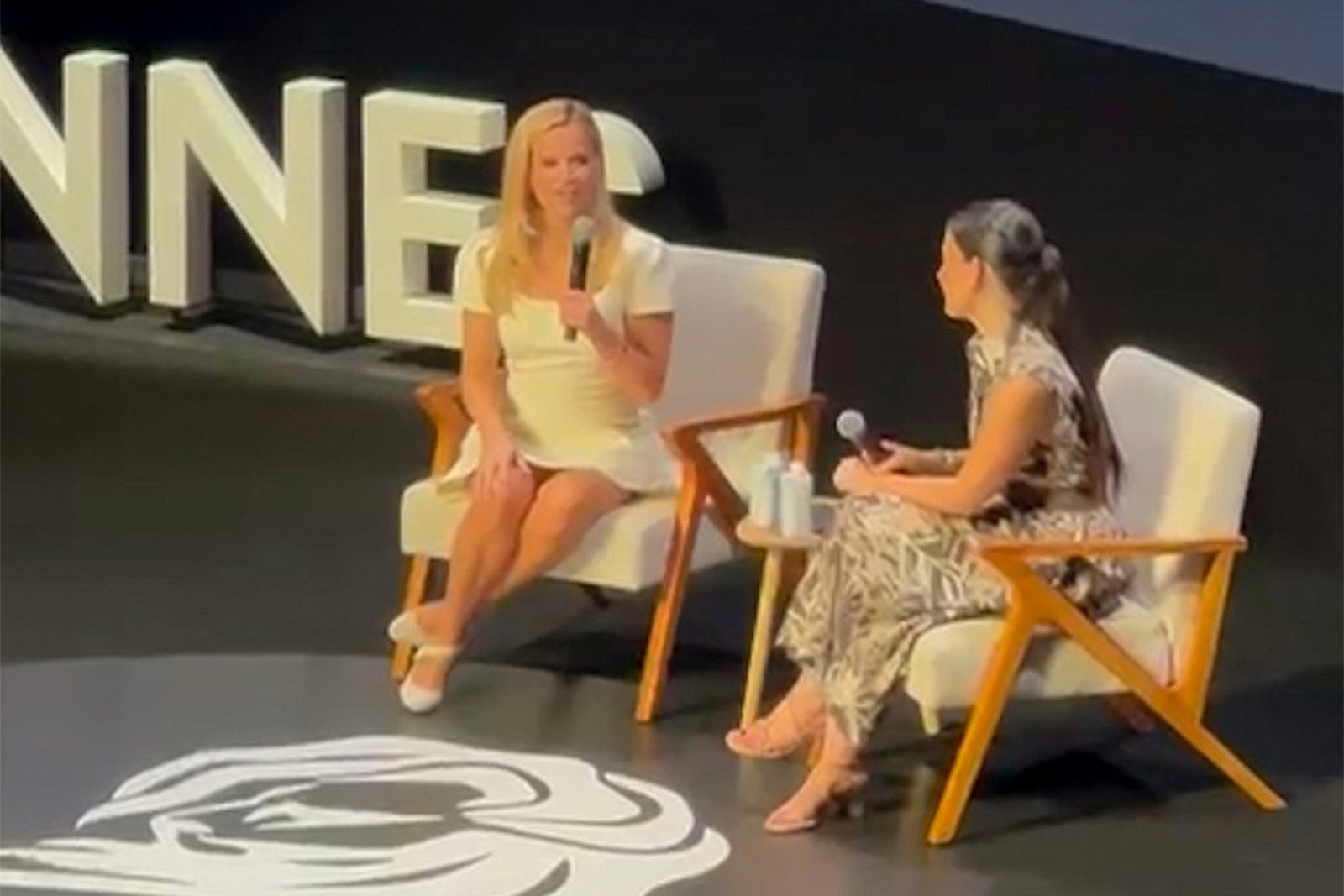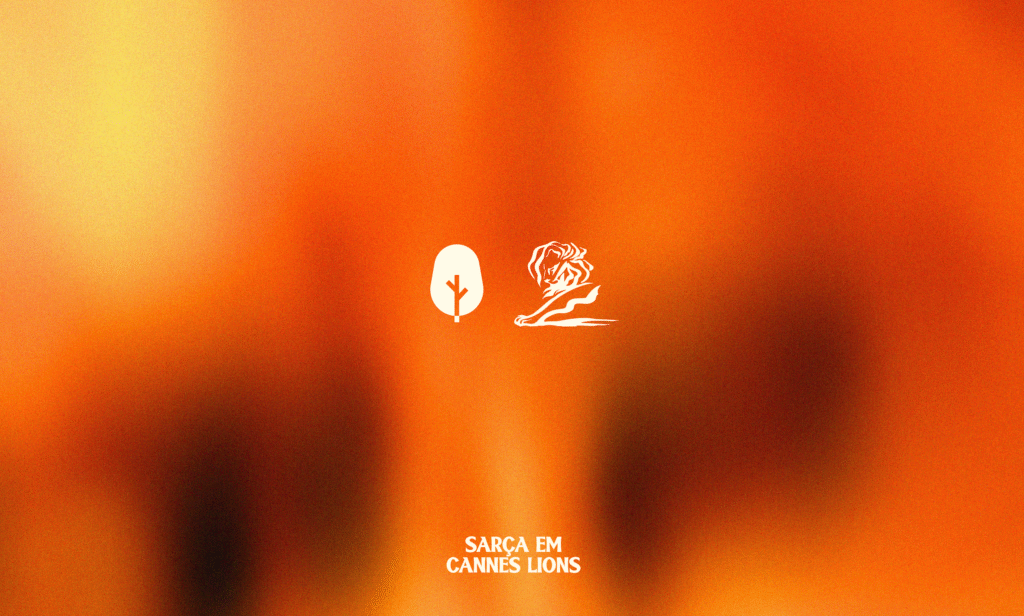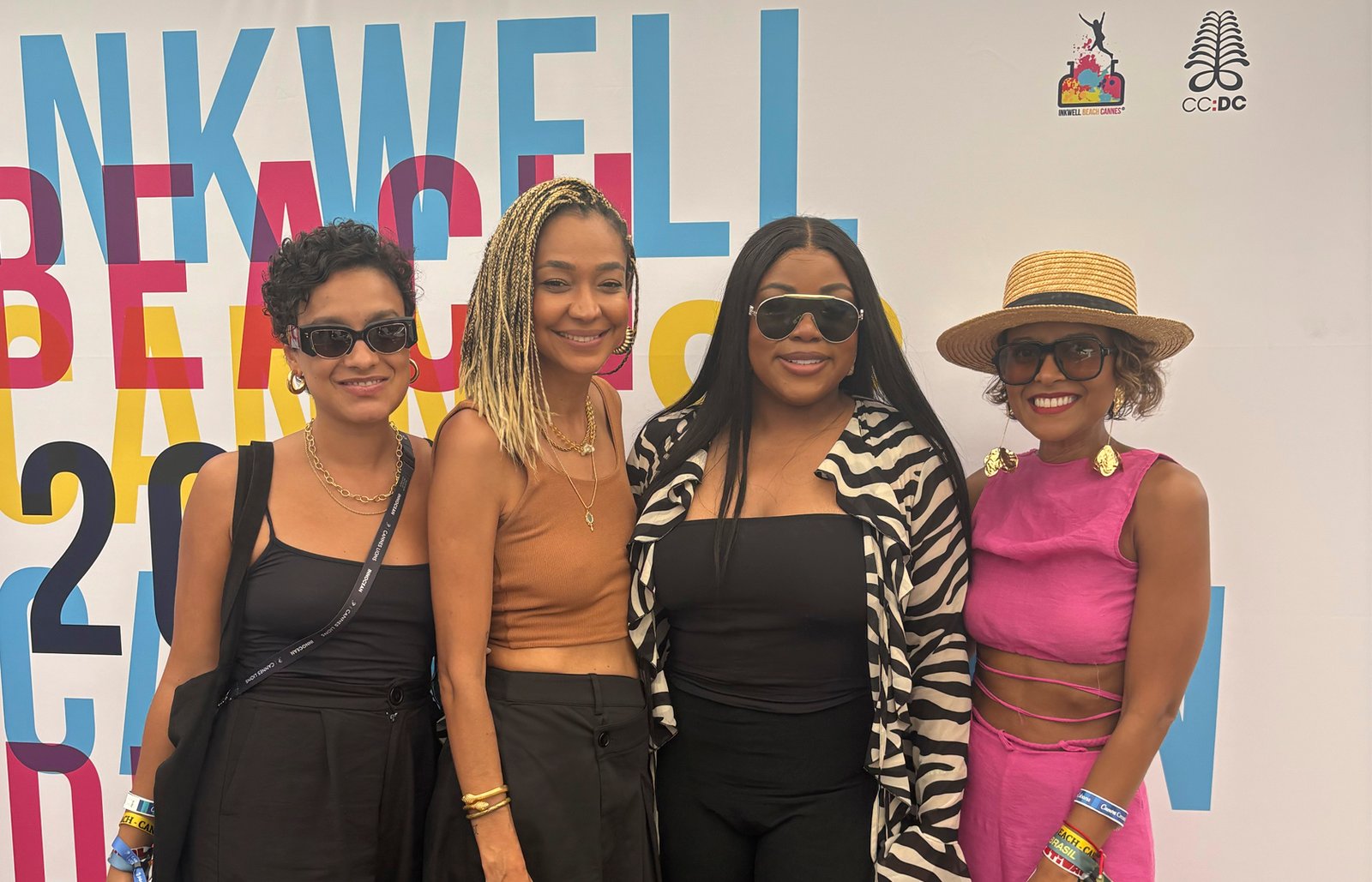How a cheeky owl, a strong idea, and active listening to local culture turned a learning brand into a global engagement icon.
In the social-first era, it’s still common to see major brands operating with the mindset of traditional media.
They start with the budget, decide on the format, look for a celebrity, and only then try to fit in an idea. Duolingo flips this logic and that’s why it’s becoming one of the most beloved brands globally.
During the panel presented at Cannes, the brand reaffirmed something that should be obvious, but is often overlooked: cultural relevance is the true driver of connection.
Instead of speaking to the audience, Duolingo speaks with them within the conversations they’re already having. With humor, timing, and a sharp understanding of local culture.
Take the brand’s mascot, for example. It’s not just an owl. It’s a cultural entity. It embraces memes, talks like celebrities, reacts in real time to trending topics. All while staying true to its original mission: keeping people engaged in language learning.
More than activating creators, Duolingo integrates them. It builds campaigns with and for creators, and instead of traditional ads, it develops native experiences. The result? Organic engagement, brand love, and authentic presence on social media.
A highlight is also the creative methodology. The brand doesn’t start with the budget it starts with the idea. The process begins with intense brainstorming, exploring multiple directions even before discussing investment. This leads to campaigns with high potential for organic reach and reduces the need for massive budgets.
This approach contrasts sharply with the common practice of treating digital as an extension of TV. Brands stuck in that mindset struggle to stay relevant in today’s landscape because it’s not about buying attention, but earning it.
In Brazil, three brands stand out in this regard: Netflix BR, Burger King, and Duolingo itself. Netflix pioneered the use of its national profile and adopted the public’s own language so much so that it earned the affectionate nickname “Netinha.” Burger King, meanwhile, moved beyond its McDonald’s teasing phase and started building local dialogue, like in campaigns that play with the personalities of Big Brother Brasil contestants.
The formula is clear: when an idea is strong and culturally grounded, it moves people. When it’s weak, not even the biggest budget can save it.
The lesson is simple. Brands that want relevance need to step out of the spotlight and into the conversation with authenticity, attentiveness, and creativity that meets the moment.
Niki Félix
Executive Curator, Sarça House
Cannes Lions 2025


